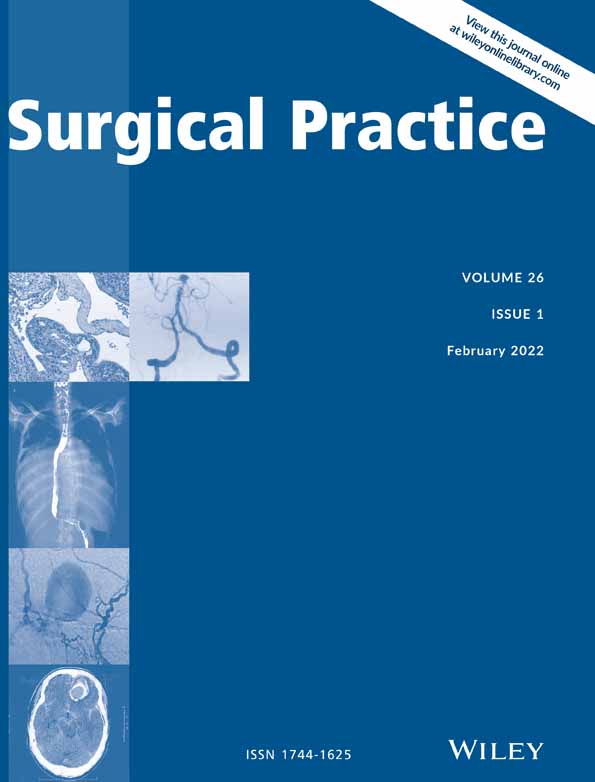Evaluating the outcomes of liver-first approach for liver metastases due to colorectal cancer: A systematic review and meta-analysis
Abstract
Purpose
Surgery is the mainstay treatment for colorectal cancer and offers a long-term survival benefit for patients with liver metastases; however, the appropriate approach remains debatable. We aimed to systematically review and perform a meta-analysis of liver-first and classical (colon-first) approaches.
Methods
The following electronic databases were searched for systematic literature: PubMed and the Cochrane Library. Studies that compared patients with liver metastases due to colorectal cancer and who underwent liver-first and classical resections were selected. Primary outcomes were long-term overall survival and disease-free survival, and secondary outcomes were perioperative morbidity and mortality.
Results
Over 12 studies with 6344 patients were analysed; of the total patients, 1141 and 4552 underwent liver-first resection and classical resection, respectively. The meta-analysis showed no significant difference between the liver-first resection group and classical resection group in terms of overall morbidity (risk ratio [RR] 1.26, 95% confidence interval [CI] 0.91-1.74) and 90-day mortality (RR 1.26, 95% CI 0.52-3.04, P = .23). The classical resection group showed favourable overall survival and disease-free survival than the liver-first resection group in the nonpropensity score-matched studies (RR 1.19, 95% CI 1.09-1.3) but showed comparable results in the propensity score-matched studies (RR 1.07, 95% CI 0.97-1.18).
Conclusions
The perioperative and long-term outcomes of the liver-first and classical approaches were comparable. Selection of the appropriate approach that will be used for a patient depends on the characteristics of the primary colorectal tumour and the occurrence of liver metastases.
CONFLICT OF INTEREST
All authors declare that they have no conflicts of interest.




